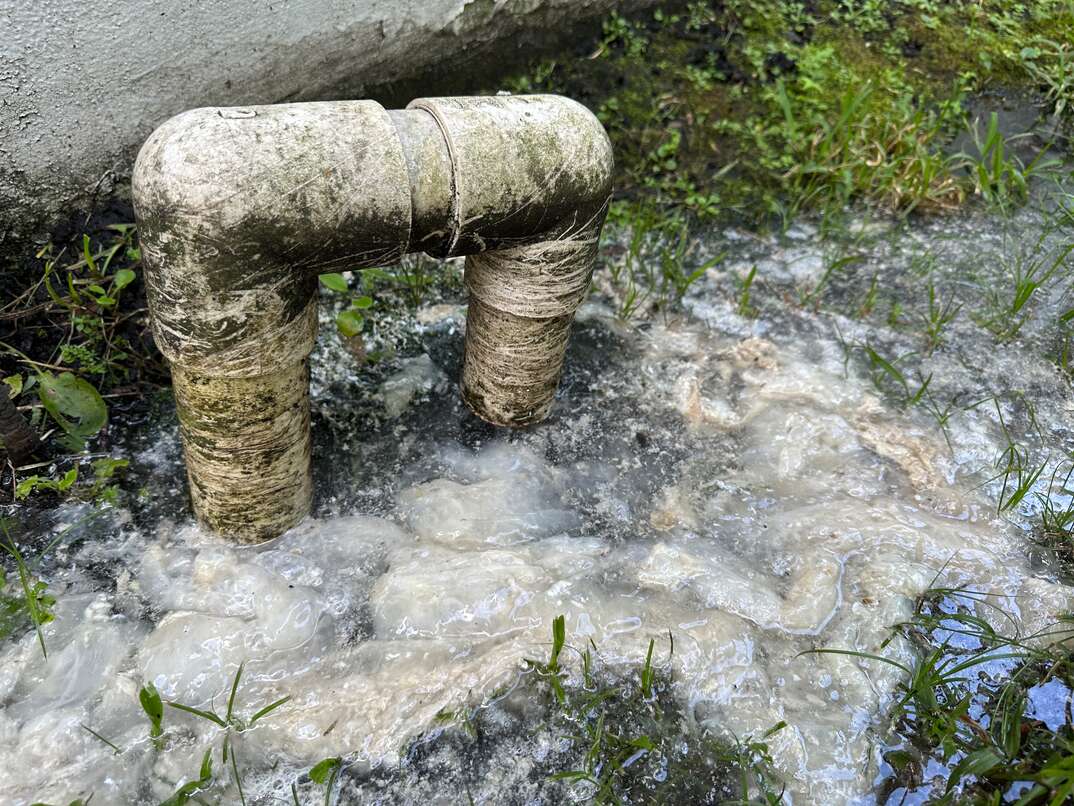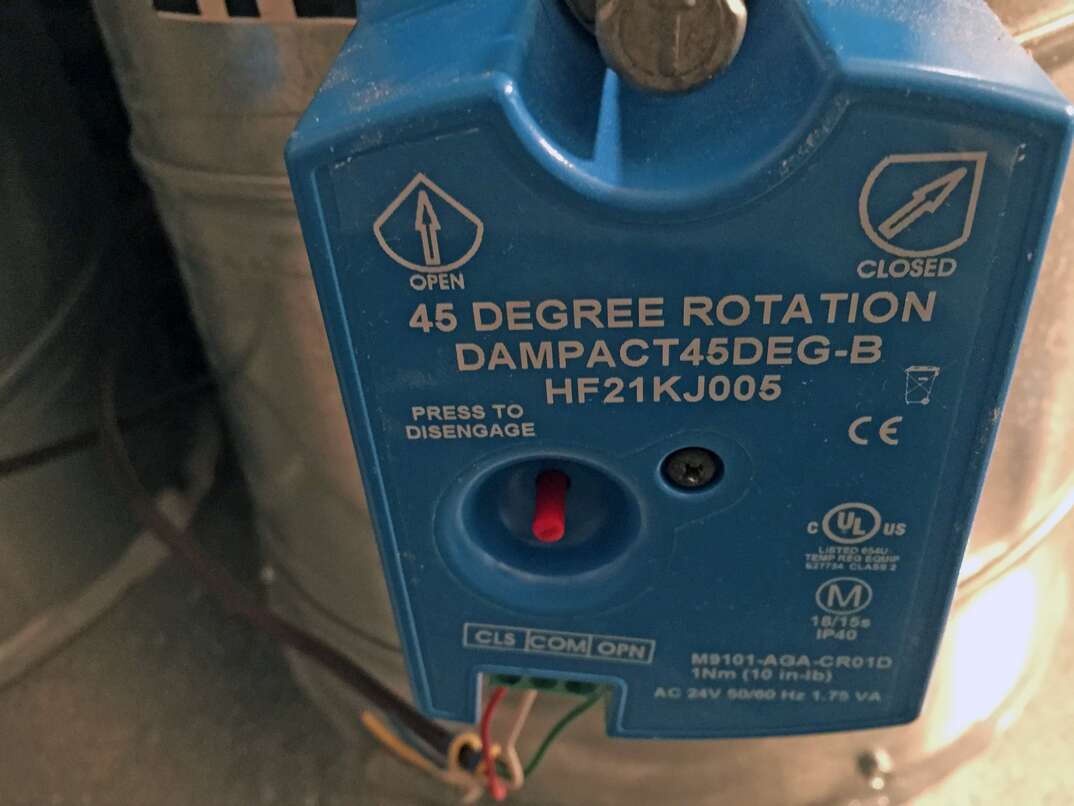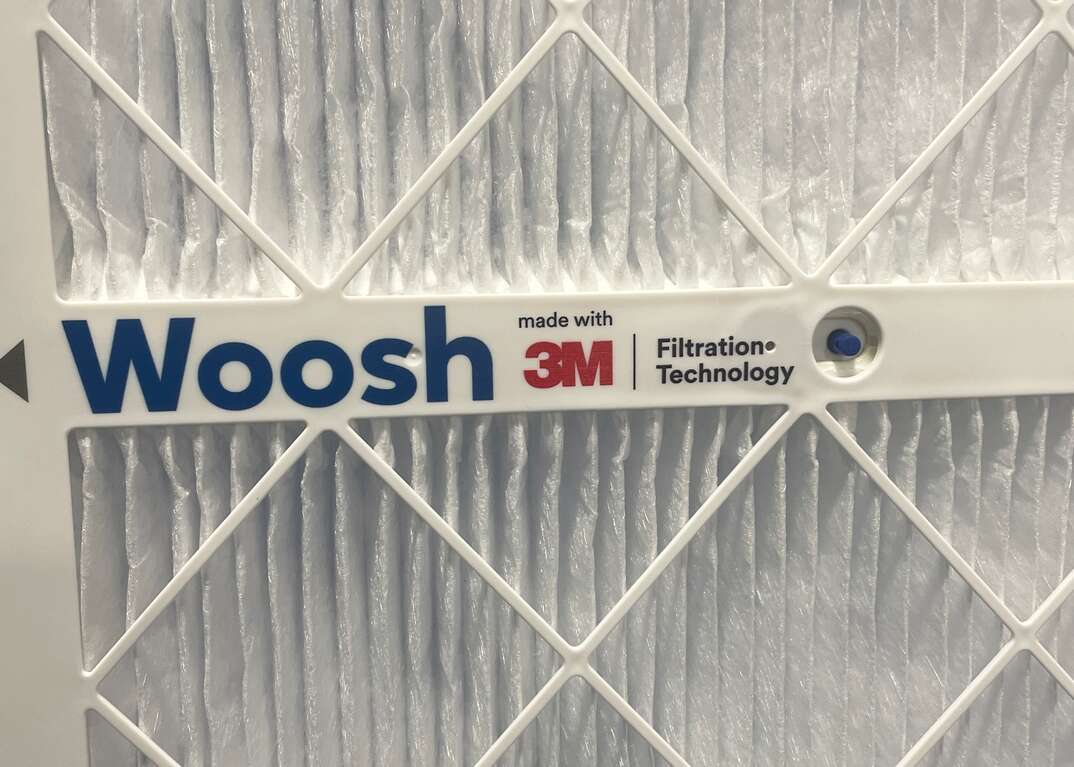What's a Heat Pump?

If you're looking for a more environmentally friendly way to heat and cool your home, a heat pump could be an excellent option.
Understanding what a heat pump is and how it works can help you decide if it's the right choice for your family.
What Is a Heat Pump?
A heat pump is part of your HVAC system. It runs on electricity and can heat and cool your home by transferring heat from outside to inside and vice versa. A heat pump may be enough to meet your heating and cooling needs if you live in a mild climate, but you can also combine it with an air conditioner or furnace.
Heat pumps have an indoor and outdoor unit, and both units have a coil containing refrigerant. The refrigerant absorbs heat from the air and redistributes it. Using the heat pump on heating mode transports heat inside your home during cold weather, and selecting cooling mode removes heat from your home in warmer months.
What Are Some Different Types of Heat Pumps?
There are three common heat pump types:
- Air-to-air: Transfers heat between indoor and outdoor air
- Water-source: Transfers heat between your home and a body of water
- Ground-source: Transfers heat between your home and the earth
How Is a Heat Pump Different From an Air Conditioner or Furnace?
Heat pumps differ from furnaces because they don't burn fuel as the primary means of generating heat. They're a good choice for houses without an established natural gas supply and use significantly less energy than furnaces. However, you may need to install a heat strip to improve your heat pump's heating capacity in cold weather.
The primary difference between a heat pump and an air conditioner is that a heat pump can heat and cool your home while an AC only cools. Heat pumps are slightly more expensive to install, but they may be more cost-effective than installing a regular air conditioner plus a heating option.


